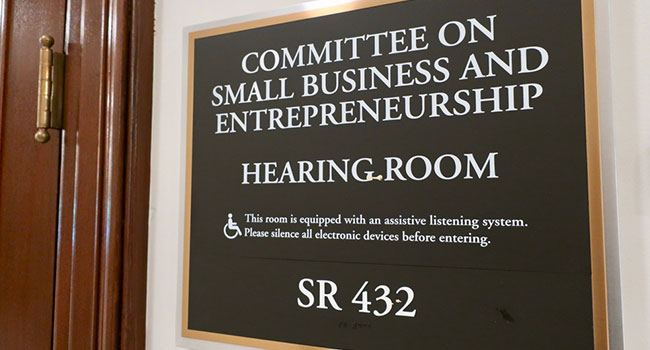
Senators Introduce Bill to Help Small Businesses Improve Cybersecurity Protections
The legislation would require the Department of Homeland Security to develop educational resources for business owners and train counselors on higher-level cybersecurity information.
- By Haley Samsel
- Jul 12, 2019
Sens. Marco Rubio (R-Florida) and Gary Peters (D-Michigan) introduced a bill this week aiming to help small businesses access cybersecurity information and tools more easily through existing government programs.
The Small Business Cybersecurity Assistance Act would direct the U.S. Small Business Administration (SBA) to become a “cybersecurity clearinghouse” by compiling government education materials and offering them as resources at Small Business Development Centers (SBDCs) operated by the federal government.
Most importantly, the bill would require the Department of Homeland Security to train SBDC counselors on higher-level cybersecurity information. DHS officials would also develop online educational materials to disseminate to small business owners.
Rubio, who chairs the Senate Committee on Small Business and Entrepreneurship, said cyber criminals and state-sponsored foreign hackers have targeted small businesses in the past, paralyzing their ability to operate.
“This bipartisan bill ensures that small businesses have greater access to critical resources and training to better protect their networks before a cyber-attack occurs,” Rubio said in a statement.
Security breaches at small businesses can be the “doorway” for breaches of larger companies, making the problem worse, Peters said.
“Yet too many small business owners say they lack the resources they need to safeguard their businesses and customers from hackers, fraudsters, and cybercriminals,” Peters said in a statement. “This commonsense legislation will help ensure small businesses can access much-needed information and training to secure their systems from malicious cyber-attacks.”
The legislation follows recommendations from DHS and SBA’s most recent cyber strategy report, which came out in March. In a study conducted for the report over 85 percent of small business owners said they fear cyberattacks and feel unprepared for one.
Rep. Jason Crow (D-Colorado) introduced a companion bill that has already been added to the House’s version of the annual National Defense Authorization Act, The Hill reported. The House will likely vote on the NDAA this week.
About the Author
Haley Samsel is an Associate Content Editor for the Infrastructure Solutions Group at 1105 Media.